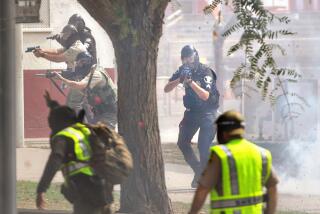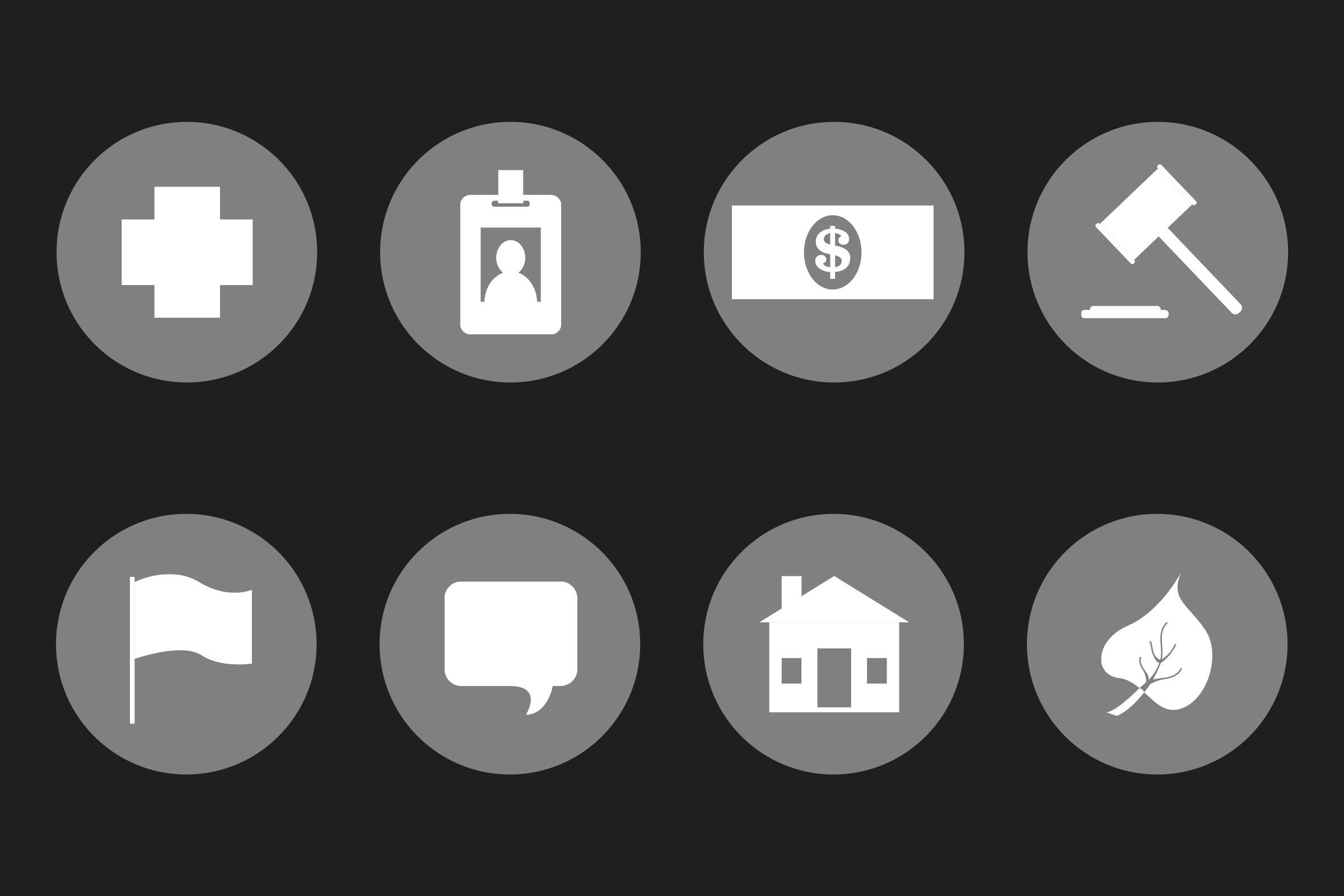Untie the hands of good Samaritans
- Share via
At a time of year when people are inclined to help those in need, the California Supreme Court has given some of them reason for pause. By narrowing the so-called good-Samaritan law that has long protected bystanders who step forward in an emergency, a recent court ruling could scare off would-be do-gooders by confusing them about what help they can offer without fearing a lawsuit.
Every state -- and almost every industrialized nation -- has some version of the law that shields amateur rescuers from liability. In California, the Health and Safety Code extends that protection to everyone “who in good faith, and not for compensation, renders emergency care at the scene of an emergency.”
The ruling last week involved a paraplegic woman who claims that her disability was caused by a co-worker who pulled her from a car following an accident. The two had been partying with friends when the vehicle in which Alexandra Van Horn was a passenger crashed. Co-worker Lisa Torti, who was in another car, removed Van Horn from the wreck. Usually, emergency procedures call for not moving someone who might have suffered a spinal injury unless absolutely necessary. Van Horn says she was yanked out roughly by the arm; Torti claims she had to get Van Horn out of the car quickly because she saw signs that it was about to catch fire, though others say they saw no such signs.
Torti contended that she was protected from liability as a volunteer rescuer, but the court majority interpreted the law to cover only bystanders who provide emergency medical care, not rescue. That’s because California’s good-Samaritan law is part of a broad code section governing all kinds of emergency services, and it refers frequently to “medical” care. Yet as the court minority pointed out, the good-Samaritan portion of the code refers only to “emergency care,” and the very fact that it doesn’t specify medical care implies that it means all sorts of care.
We don’t foresee people acting as cavalierly as the characters in “Seinfeld,” who in the series finale stood around cracking jokes about a crime victim instead of trying to help him, but the damage could be considerable. Not only might the ruling stop bystanders from pulling someone to safety from, say, the edge of a cliff -- what if the yank dislocates a shoulder? -- but it could stop them from giving the medical aid that is protected. Let’s see, if someone is drowning in the ocean, might we get in trouble for pulling them out of the waves, or for performing CPR? If we don’t do the former, we certainly won’t need to bother with the latter, and when in doubt, more of us will tend to do nothing at all. Public knowledge of the good-Samaritan law is vague enough without people having to recall which acts of attempted heroism are covered and which aren’t.
Torti may have made a terrible error. Amateurs often make mistakes under pressure -- occasionally, they make damaging or fatal mistakes. But on the whole, society is safer when we watch out for each other. In order to preserve the spirit of selfless acts that can save lives, the Legislature must expand the law so that it protects all well-intentioned amateur rescuers.
More to Read
A cure for the common opinion
Get thought-provoking perspectives with our weekly newsletter.
You may occasionally receive promotional content from the Los Angeles Times.






